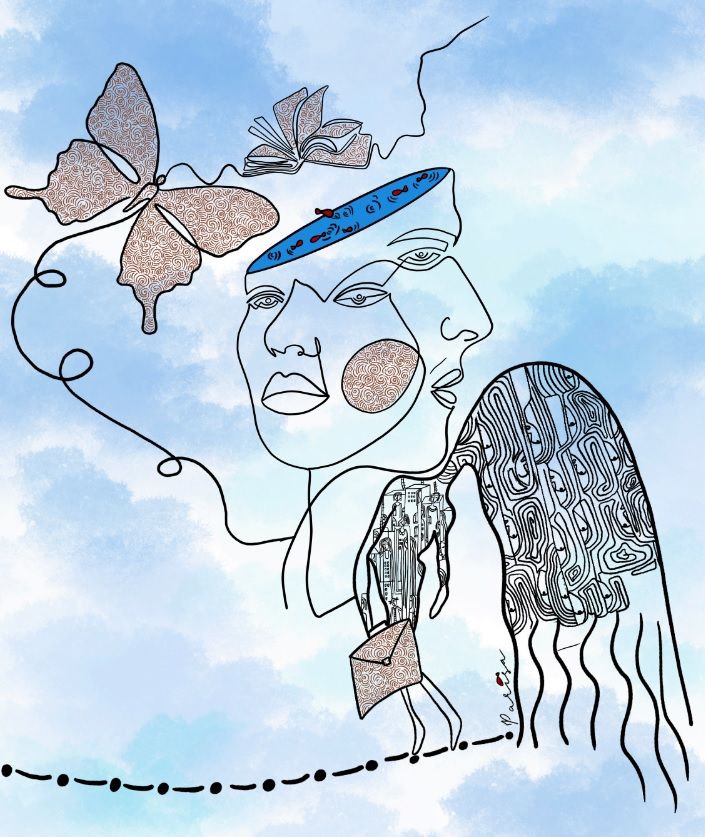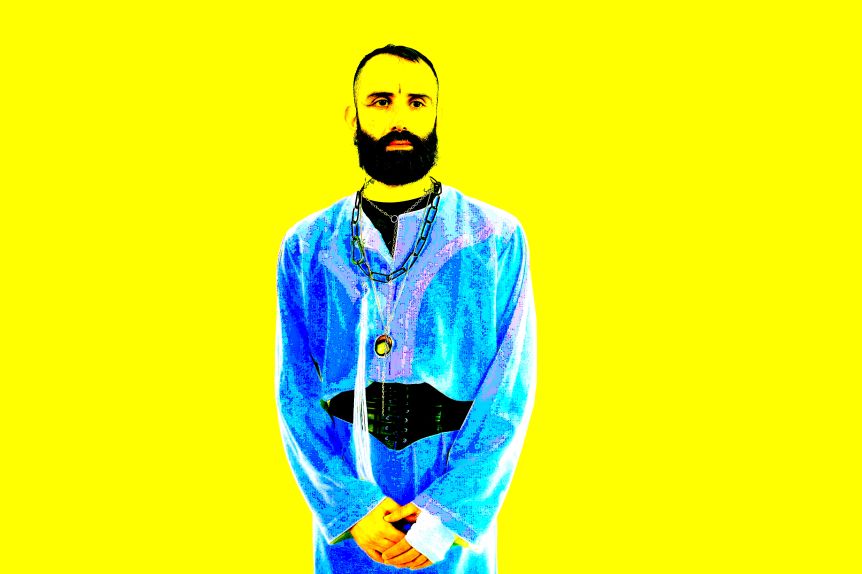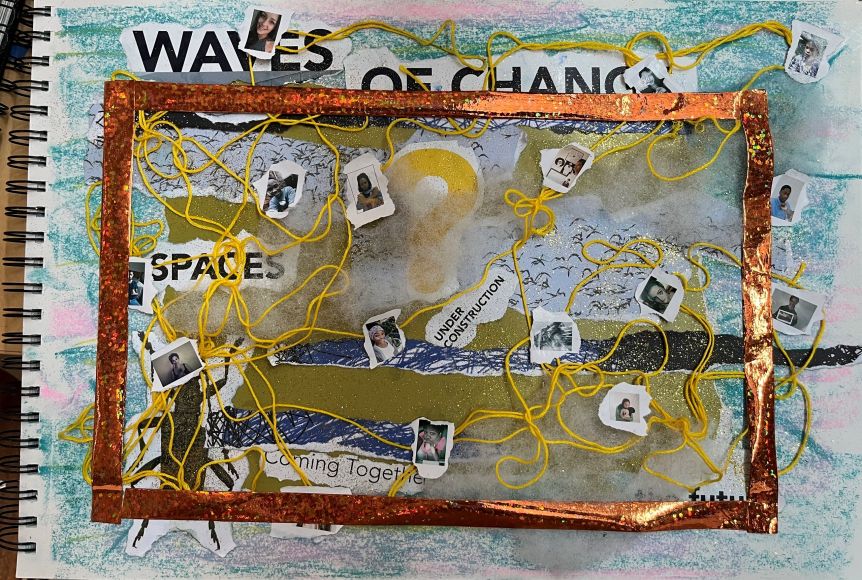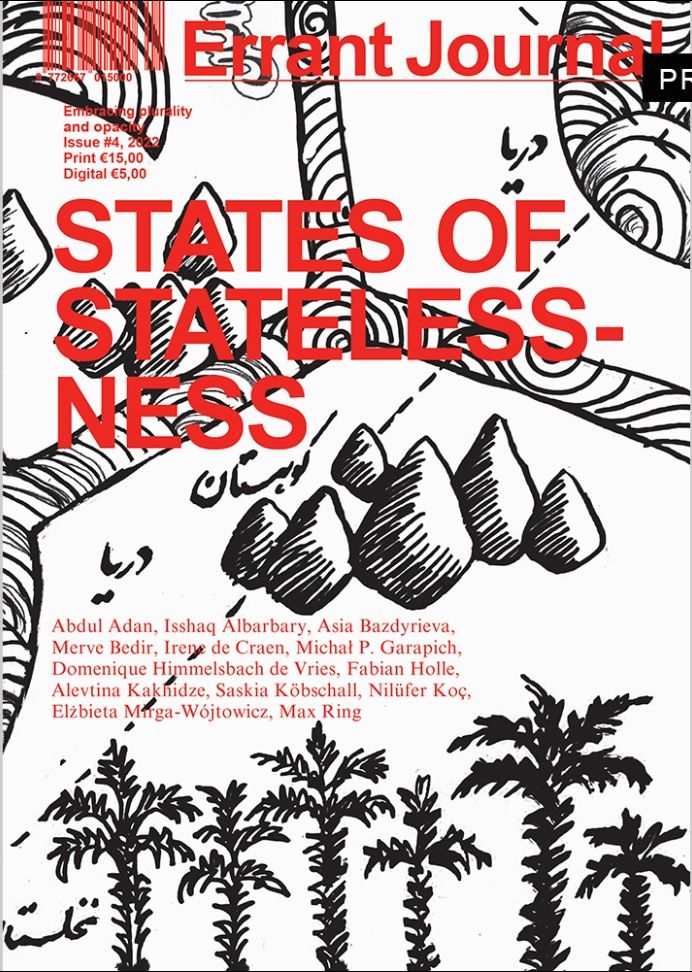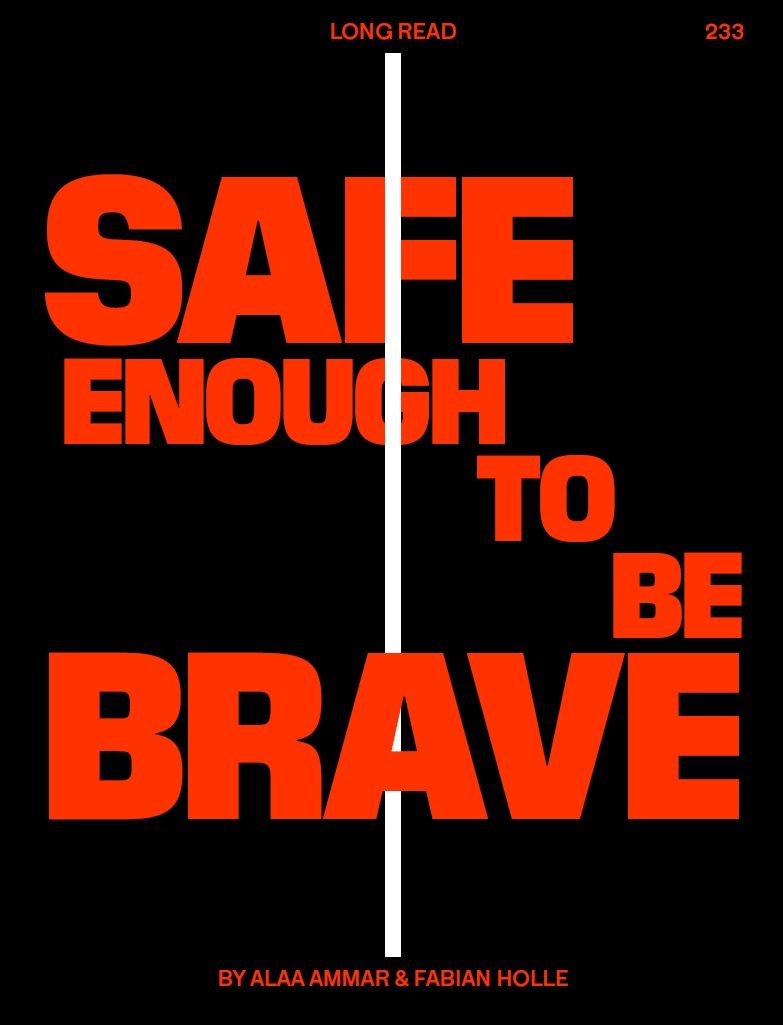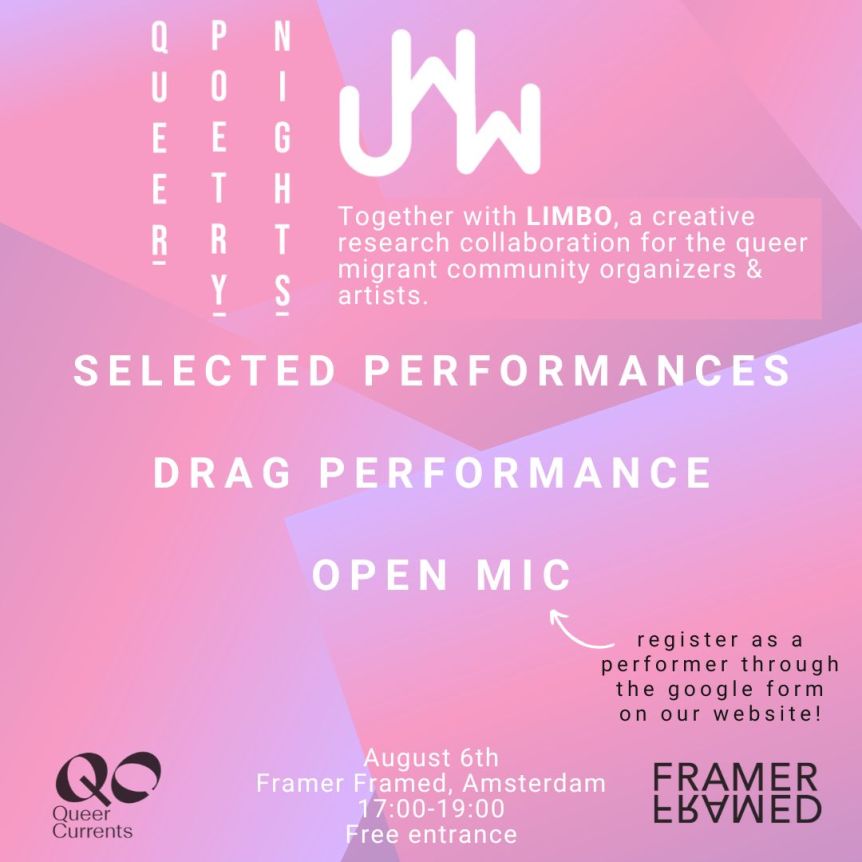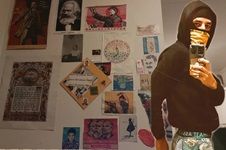In the Netherlands, there are numerous well-intended societal and academic initiatives aimed at building a just society in which everyone can participate equally. In this blog, I reflect on such intriguing promises of inclusion, based on my own journey as a Swiss academic trying to be included and promote inclusion in the Netherlands.
Building a home in the Netherlands
In autumn 2013, I moved from Switzerland to the Netherlands as an exchange student. I had already been together with my Dutch boyfriend for 3 years at that point, and my intention was to build a future in this country. However, I soon realized that this plan was not very easily achieved. My background in Swiss law was simply not very useful in the Netherlands, especially not in those days when the Dutch labor market was still recovering from a financial crisis. I was competing with thousands of other young people seeking employment that – unlike me – had a Dutch diploma. Still I did not simply give up but started to look for and seize every opportunity to prove myself. I did all kinds of unpaid internships and voluntary work to pep up my CV while working in a call center to earn a living.
It struck me how in the Netherlands students were expected to fulfil unpaid internships during and after their studies in order to eventually find paid work. In Switzerland, students also did internships, but these positions were usually paid.
After two years of trying to prove myself, I realized that I would never be the first choice of any employer without a Dutch diploma.
They simply did not know what to do with someone with a background in Swiss law, even though I graduated summa cum laude.
I figured that if I really wanted to convince the Dutch of my qualities, I needed a Dutch diploma. So in 2015, I started following a premaster and subsequently a master in Sociology at VU Amsterdam. There, I found my new home. The Sociology department welcomed me with open arms from the beginning. They acknowledged my qualities, established various student assistantships for me during my studies and even realized my dream of pursuing a PhD afterwards.
The promise of deepening democracy
Through my studies, I learned that the Netherlands was slowly transitioning from a welfare state into what has been labelled ‘participation society’. In a participation society, individuals and communities are expected to actively take up societal responsibilities according to their strengths. This means that citizens are obliged to exit from social assistance, take care of their elderly or sick family members themselves and volunteer in civil society if they are able to do so.
Notably, there is a lot of critique of the idea of a participation society. Many say that it is a neoliberal development aimed at lowering governmental expenditures by outsourcing the responsibilities of the state. However, through my studies, I also became acquainted with the idea that peoples’ engagement in civil society can be a way to deepen democracy.
The promise of a democracy is that everyone can participate in and shape society in an equal manner. However, in reality, there are many individuals or even whole communities that cannot access or exercise real influence in societal institutions. For people or communities that are more excluded from mainstream institutions, engagement in civil society can be a means to take matters into their own hands. By initiating or participating in neighborhood initiatives for example, people can shape their environment according to their own rules and imaginations. Citizen engagement thus promises a deepening of democracy.
Prior to my studies, I had always been critical of unpaid engagement, whether through student internships or active participation in community initiatives. Now, however, I had become fascinated by the concept of deepening democracy. The promise of a more inclusive society was simply too intriguing.
In my position as a student assistant and via my master thesis, I got the opportunity to conduct research from 2015 to 2017 on a community initiative that emerged during what has been labelled ‘the refugee crisis’. The initiators of this initiative were unsatisfied with the top-down approach in which governmental institutions were handling refugee reception and integration. Instead, they wanted to establish a different, bottom up approach, in which they would work together with refugees. Just like me, the initiators were intrigued by the idea of deepening democracy and wanted to give refugees an opportunity to actively shape their own integration process as co-creators of the initiative.
The problem with promises of inclusion
This endeavor turned out to be more difficult than the initiators (and I myself) originally expected. Most refugees that joined the initiative did so as students or participants in activities. Mostly local people wanted to actively participate as volunteers and shape the initiative by taking over coordinating and organizing tasks. The initiators and I thus decided that I could do research within the initiative on the question of how the initiative could increase the active participation of refugees as co-creating volunteers in the initiative.
During my fieldwork I discovered that active participation as volunteers within the initiative was simply not a priority for most refugees. They wanted to build their new lives in the Netherlands, which for them entailed following language courses, regaining their diplomas and gaining work experience that could help them in their paths towards paid work. Their ultimate goal was to find a paid job on their level of education and ideally connected to their professional backgrounds. Many refugees acknowledged that voluntary work within a community initiative could improve their language skills, help them make friends and was a way of giving back to the initiative. However, they did not necessarily consider it an experience that could directly help them achieve their ultimate goal.
This realization of clashing ideas of participation in society was an eye-opener for me. I was confronted with how I myself had become ‘integrated’ in the Dutch context. I started to remember how I used to be struck by (and actually criticized) the phenomenon of unpaid citizen engagement.
I had to confess that after only 3.5 years of living in the Netherlands, I had already internalized and was blinded by the idea(l)s behind the participation society. Worse yet, I was blinded by an idea that did not even work out for myself.
Also in my case, it was not voluntary engagement that paved my way to being included in the Netherlands, but going back to university, getting a Dutch diploma and finding paid employment.
This shows that although ideas might be promising and may even work out very well for some people, they can never simply be applied (or even forced) on everyone, especially not on people that come from a different context. Solutions to increase participation in society can thus only work if they meet peoples’ own ideas and needs.
Implication for researchers
This realization was a wakeup call for me as a researcher. I learned how crucial it was to not only dive into a certain topic or context, but also to distance myself again from it and reflect on it. One of the most influential sociologists of this century, Zygmunt Bauman [1], wrote about the importance of this combination of intimacy and distance for researchers. He claims, on the one hand, intimacy is needed to be able to understand a certain situation and context. On the other, being too familiar holds the risk that one becomes blinded by things that are taken for granted. Distance, he posits, allows for critical reflection and scrutiny.
Intimacy and distance are thus both important in the research process and according to Bauman, ‘exile’ can be a way of combining the both. An exile is in a place (and thus able to understand it) but not of the place (and thus able to critically reflect on taken-for-granted blind spots). However, exile for Bauman is not necessarily a physical or bodily mobility, but a spiritual one. A reflective capacity that allows researchers not to be (or become) integrated or socialized within the context they study.
For researchers like me, this means we should engage in the society we study in order to understand it, but at the same time also stay reflective about being blinded by taken-for-granted assumptions.
Another intriguing promise of inclusion…
As a matter of fact, this kind of reflection on what we as researchers take for granted plays a crucial role in the PhD research that I am doing now. In my research, I look at the challenges and contributions of researchers that aim to co-create knowledge in collaboration with refugees. The assumption of co-creative research is that it gives more room for refugees’ perspectives. This approach then helps identify the scholar’s and society’s blind spots and enables the development of more inclusive knowledge and solutions.
Or in other words, these scholars believe that they can achieve Bauman’s spiritual condition of ‘exile’ by working with people that actually are in such an ‘exile’ position. Working with ‘exiles’ thus arguably allows researchers that are in a certain place to take distance and critically reflect on the place in order to identify taken-for-granted blind spots that stand in the way of an inclusive society.
Once again, I am fascinated and intrigued by the promise of ‘active participation of refugees’ – this time not in a community initiative, but in the production of knowledge – as a means of working towards a more inclusive society.
However, considering my experience with intriguing promises of inclusion, I ask myself how refugees themselves perceive this promise…
…this is what I hope to find out in my research.
References
[1] Bauman, Z. (2000). Liquid Modernity. Cambridge: Polity Press.

